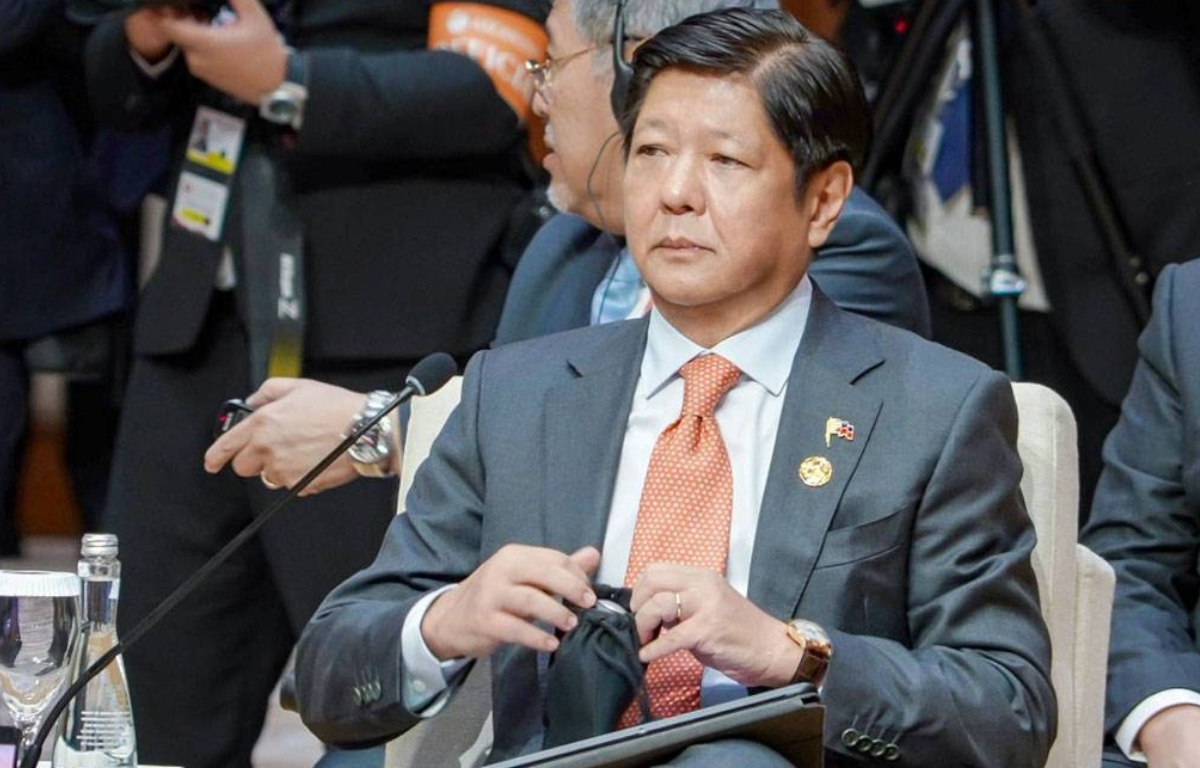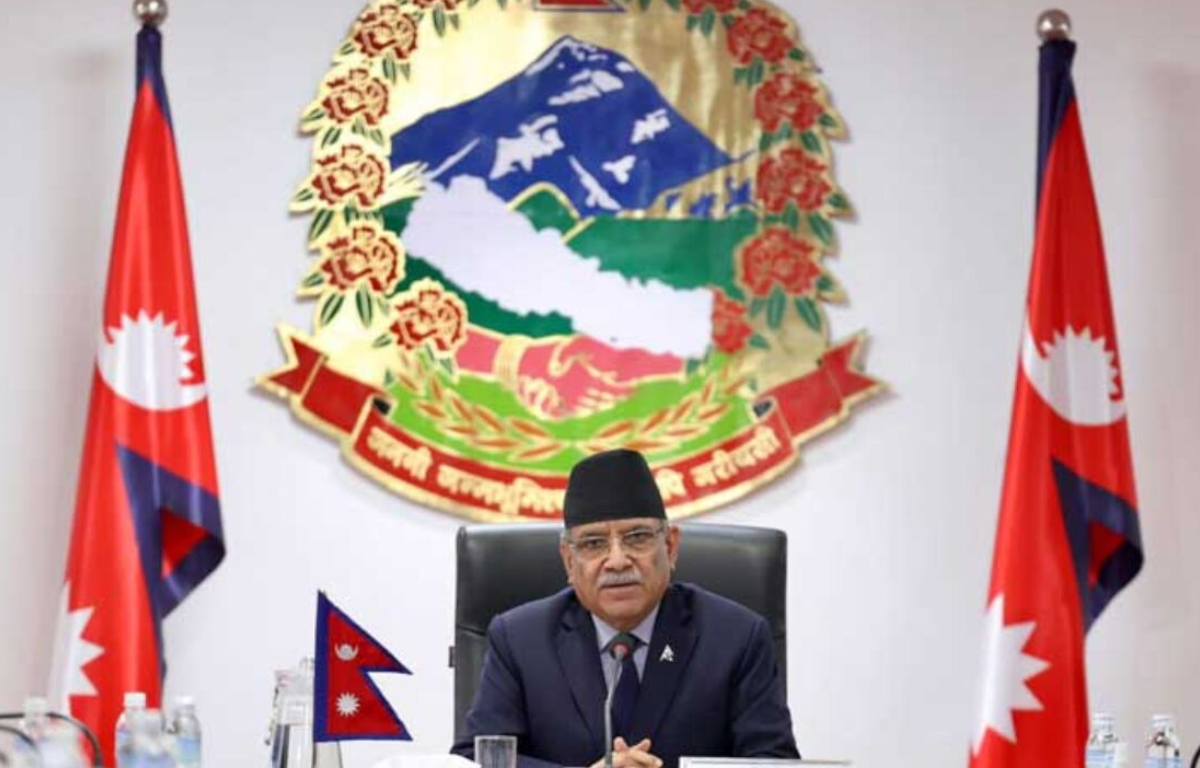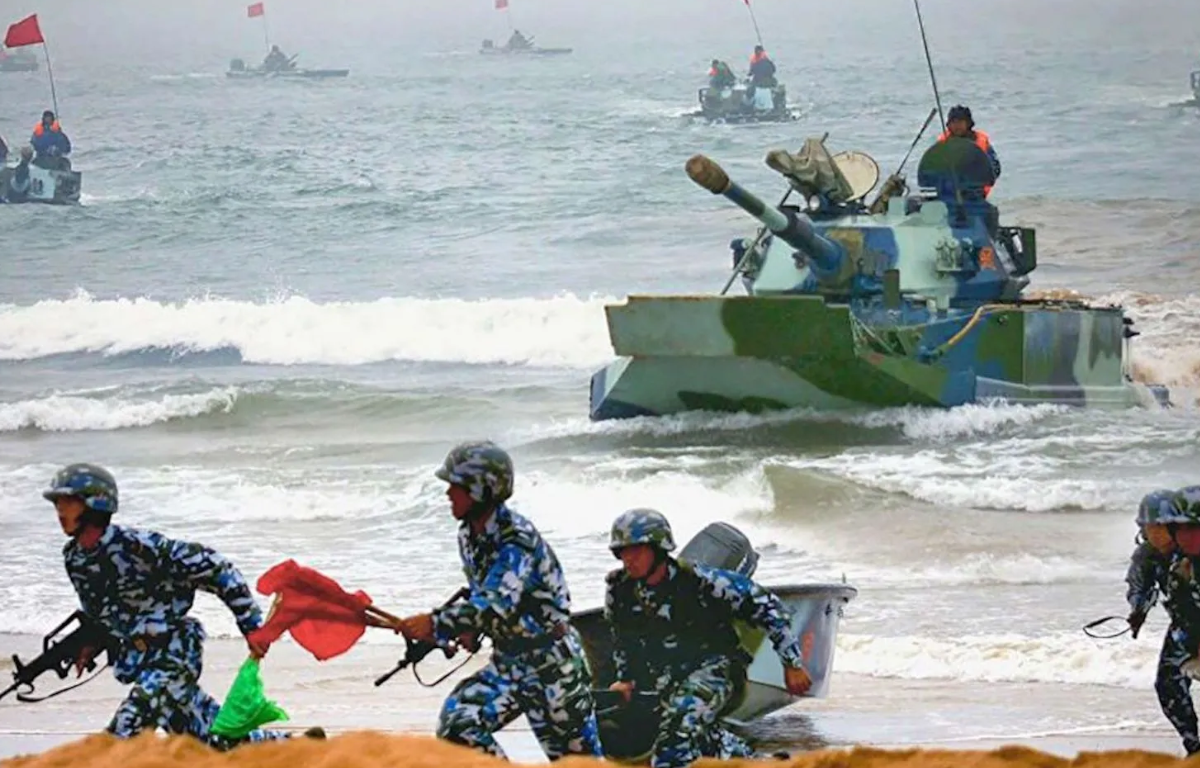
The water complaint phone calls in question refer to China’s practice of lodging complaints through official channels against Japanese vessels operating near disputed waters in the East China Sea. These disputed waters, which contain valuable fishing grounds and potential energy resources, have been a focal point of territorial disputes between China, Japan, and other neighboring countries. While such disputes are not uncommon in international relations, the method of using phone calls to assert grievances has raised concerns about the nature and effectiveness of communication between the two Asian giants.
Sino-Japanese relations have historically been characterized by a complex interplay of history, territorial disputes, economic cooperation, and regional power dynamics. Decades of historical grievances, particularly stemming from Japan’s actions during World War II, continue to influence public sentiment and diplomatic interactions. These water complaint phone calls are just one manifestation of the broader challenges that both nations face in maintaining a stable relationship.
Prime Minister Kishida’s call to halt these ‘regrettable’ phone calls underscores Japan’s commitment to fostering a more stable and open channel of communication with China. Diplomacy has always been a delicate dance, and public statements often carry implicit messages beyond their literal meanings. By addressing the issue in a public forum, Kishida aims to emphasize the importance of dialogue in resolving disputes and preventing further escalation.
Resolving the issue of water complaint phone calls requires a multifaceted approach. Both nations must acknowledge the importance of maintaining peace and stability in the region. Open and constructive diplomatic talks should be encouraged, focusing on finding common ground while respecting each other’s sovereignty and interests. Confidence-building measures, such as joint marine conservation efforts or scientific collaborations, could foster trust and promote a cooperative spirit.
The ‘regrettable’ water complaint phone calls highlight the nuanced nature of diplomatic relations in a complex and interconnected world. As Japan’s Prime Minister Fumio Kishida urges China to cease these calls, the focus shifts to the power of dialogue and mutual understanding in resolving shared concerns. The path towards resolution requires patience, flexibility, and a commitment to regional stability. In a region as vital to global geopolitics as East Asia, the ability of nations to come together and find common ground serves as a beacon of hope for peaceful coexistence and collaboration.










Share this: